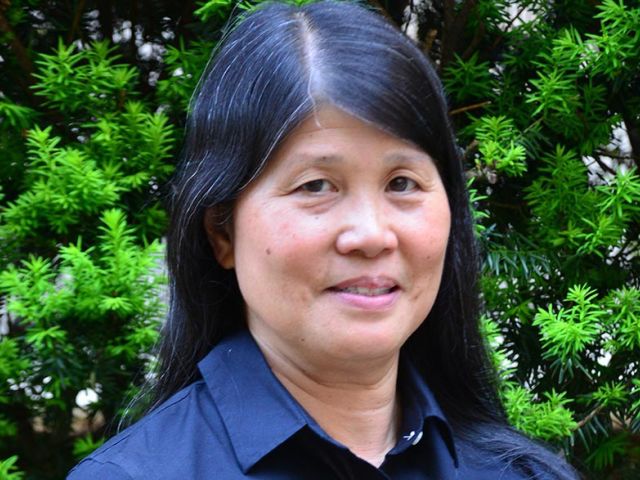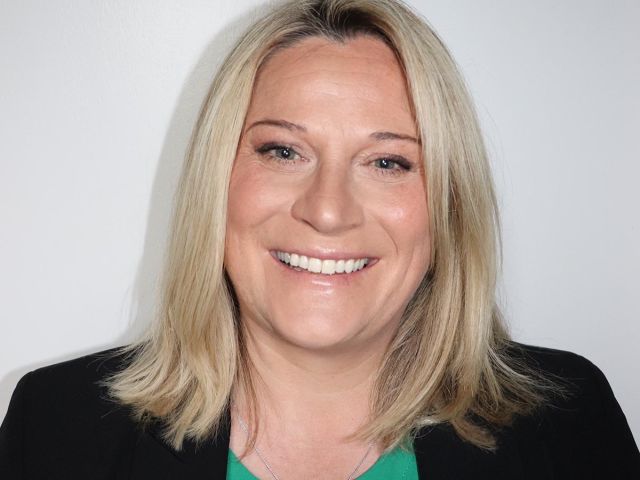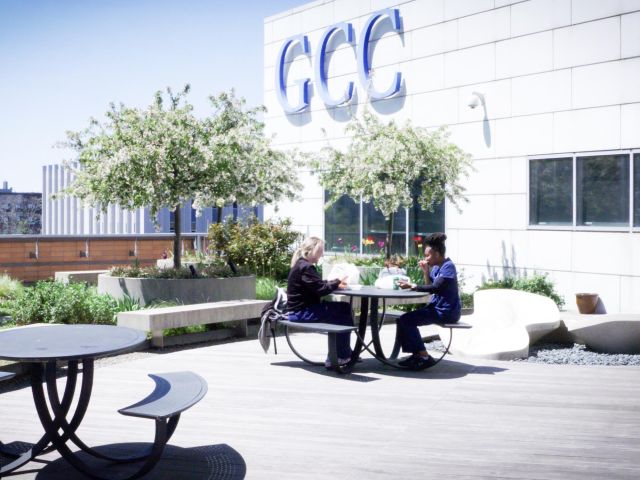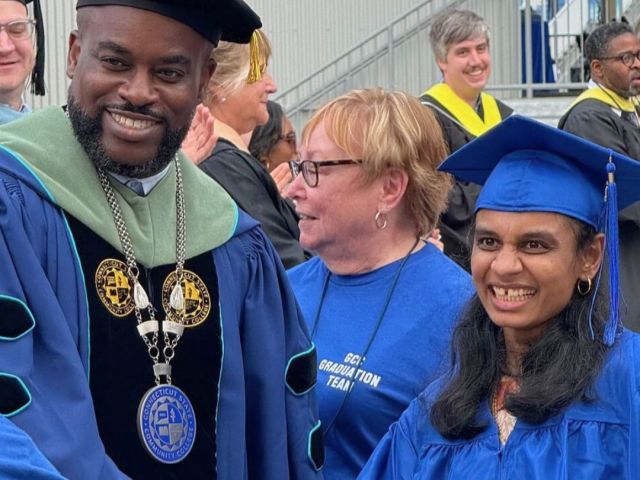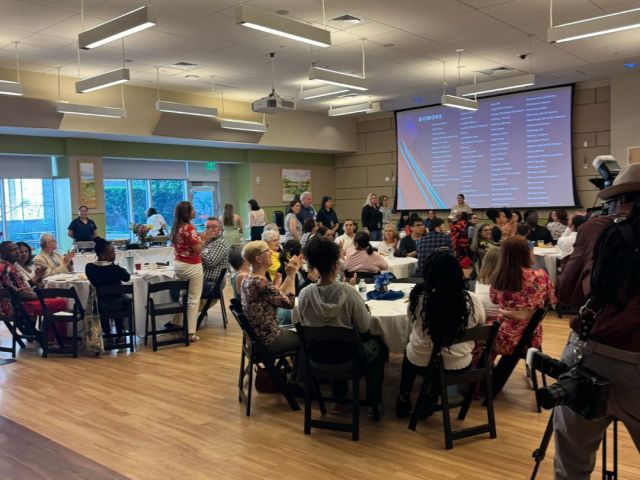News Center
Bringing you the latest news and events from Gateway Community College.
GCC to Offer Patient Navigator Training Program This Fall
Share
Navigating the health care system is fraught with complexities. When people face additional challenges like poverty or substance abuse, lack of transportation or health insurance, they can get so overwhelmed they fail to show up for doctor visits, may stop taking their medications or they may turn to the emergency room again and again as the one source for their health care.
Last year, Gateway Community College (GCC), in partnership with the state Department of Public Health and the Connecticut Cancer Partnership, developed the first Patient Navigator Program in the state. This fall, Gateway will run the popular course for a second time. Mandatory student orientation and assessment sessions begin July 17. The GCC Patient Navigator Training Program teaches students to proactively guide patients through healthcare systems so they can achieve optimal health outcomes in a timely manner.
The demand for patient navigators is great and growing. Already a New Haven-based medical firm is asking when the next course ends, as they are looking for patient navigators to fill anticipated job openings. There will also likely also be openings at hospitals, health centers, doctors’ offices and health insurance companies, said Erika Lynch, GCC’s coordinator of the Workforce Institute. “If you want to make a difference in people’s lives – this job is it,” Lynch said.
Still, it is not a job for everyone, Lynch cautions. Patient navigators have to like working with people, have to be able to take on challenging situations; they must be empathetic and to want to take on the role of an advocate.
The program includes 24 hours of classroom learning as well as community-based observational experiences. Students will shadow patient navigators at work and take part in community experiences that illustrate the kind of barriers that can stand in the way of a person accessing health care. For example, prospective patient navigators may learn to use the city bus system, visit an A.A. meeting or spend time at Columbus House, a New Haven homeless shelter.
There is a mandatory student orientation as well as an assessment where prospective students will be tested not only on reading and listening skills but they will undergo emotional testing as well. “We are looking for people in the health care industry who might want to make a change, in the fields of mental health, substance abuse and education,” Lynch said.
However, only a high school diploma is mandated. “We don’t want to rule out someone who might be perfect for the job who only has a high school diploma,” Lynch said.
Interested students should sign up for one of three orientation/assessment sessions which will run Wednesday, July 17 from 1 to 5 p.m.; Wednesday, August 21 from 5 to 9 p.m. or Saturday September 14 from 9 a.m. to 1 p.m.
Classes begin October 1 and run on Tuesdays from 6 to 9 p.m. through November 26. The cost is $1,100 and payment plans are available. Those successfully completing the program will receive certification.
The Patient Navigator Training Program has its roots nationally in the pioneering work of Dr. Harold Freeman who explored the disparities in the health outcomes of people with cancer. Those patients who didn’t have health care or couldn’t access it because of poverty, mental illness, substance abuse or other issues had worse outcomes and higher mortality rates than those who could readily access health care. He developed the Harold P. Freeman Patient Navigation Institute in 1990 to eliminate barriers to timely cancer screenings, diagnosis, treatment and supportive care.
The GCC training program got its start because Dr. Suzanne Lagarde of Project Access New Haven saw a genuine need for patient navigators. Lagarde, a gastroenterologist and an assistant clinical professor of medicine at Yale, is one of the founders of Project Access New Haven, where physicians, hospitals and community organizations work together to provide donated specialty health care for low-income, uninsured people in the Greater New Haven area. With patient navigators in place at Project Access, the percentage rate of missed appointments decreased from 30 to 40 percent to 2 percent. She knew that so many people could benefit from the role of the patient navigator and what the state needed was a training program.
Lagarde brought the idea to Vicki Bozzuto and the training program was established. “My response was `Absolutely,’ “Bozzuto said. “Using cancer care as a model, we talked about how a patient navigator could see to the health care needs of so many different populations. It is the human thing to do, to get people to the care they need.”


